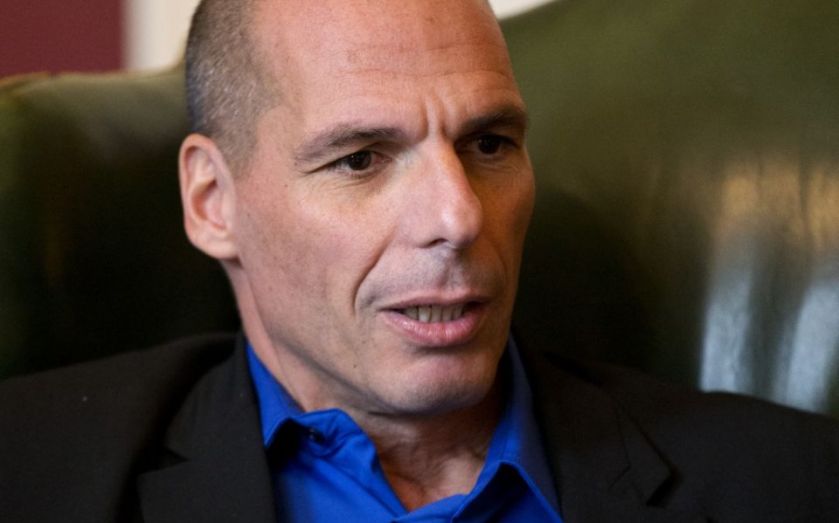Syriza facing biggest test since election as Yanis Varoufakis meets ECB chief Mario Draghi

Greece’s maverick new finance minister faces his biggest challenge today as he heads to Frankfurt for potentially make-or-break negotiations with European Central Bank (ECB) chief Mario Draghi.
Yanis Varoufakis is expected to try to shore up Greece’s near term finances by requesting a ceiling on Greece’s short-term borrowing to be lifted. However, some observers believe the ECB is set to reject the rise in the borrowing ceiling, which is currently at €15bn.
Markets in Athens rallied by 11 per cent yesterday after Varoufakis made clear on Monday his plans to restructure Greece’s debt without writing any off. He suggested the interest on the debt be linked to economic growth.
He has already travelled to France and London, where he gained support from French President Francois Hollande and chancellor George Osborne. Italian Prime Minister Matteo Renzi yesterday showed similar sympathy for Greece’s debt negotiation plans while playing host to Greek Prime Minister and head of Syriza, Alexis Tsipras.
But gaining the support of the ECB is of far greater importance – and could prove more difficult.
Not only must Varoufakis attempt to secure his government’s near-term finances, he will also seek reassurance that emergency funding granted to Greek banks will not be pulled at the end of the month if Greece is unable to wrap up a new deal in time.
Responding to threats that the ECB would pull the emergency funding Varoufakis told the Telegraph: “These threats are perfectly illegitimate. They are trying to asphyxiate us with arbitrary deadlines.”
Greece’s emergency bank funding is conditional on the country sticking to its bailout agreement; it is unlikely to be judged to have done so.
Some observers believe Greece does not have much of leg to stand on.
“You don’t need to have a PhD in game theory to see that the Greeks have less bargaining power than they did in 2012,” said Dario Perkins from Lombard Street Research.
“Time is against them. QE [quantitative easing]-buoyed financial markets in the rest of the euro area are largely ignoring the stand-off, but Greece itself is under renewed stress.”
However, Tim Edwards, a director at S&P Dow Jones Indices, says investors remain calm. “Who’s worried about Greece when Mario Draghi has turned on the taps?” he said.
Edwards notes that the S&P Europe 350 – a basket of shares of Europe’s biggest companies – had its best month since October 2011 in January with a 7.3 per cent year-on-year gain.